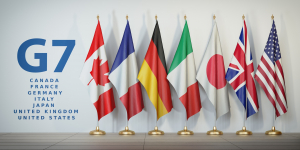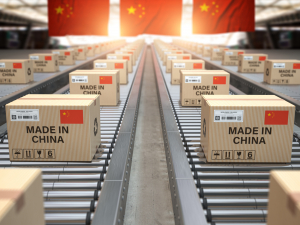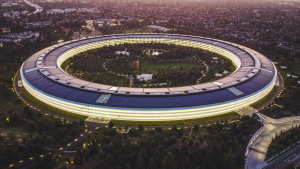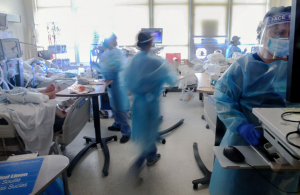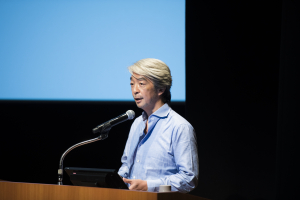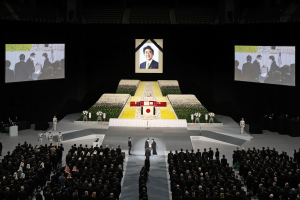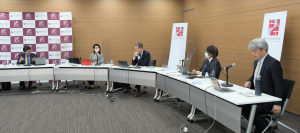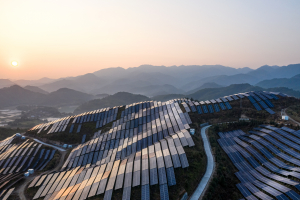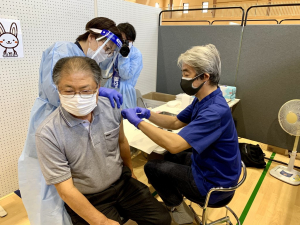Rethinking Global Health Policy in the Post-COVID Era(-2024)
Japan has considered global health as an essential element of “human security” and one of its diplomatic strategies. However, global health is facing a major transformation due to the COVID-19 pandemic. In particular, the division of multilateral cooperation and unscientific responses, which reflected the global political sentiment, accelerated the worsening of the pandemic and exposed the fundamental governance challenges in global health. Furthermore, with the decline in the WHO’s financial and political capacity, the influence of public-private partnerships, private foundations, and, in recent years, the private sector has increased. Global health is no longer a traditional public health matter but should be interdisciplinary and cross-cutting in close collaboration with related fields, such as national security, fiscal policy, economic policy, and science and technology. The objectives of this study are three-fold: (1) to make policy recommendations for Japan’s global health strategy from the perspectives of public-private partnerships, innovative technologies, and impact investment; (2) to enhance Japan’s domestic health sector reform through learning from system innovations in developing countries; and (3) to develop future leaders in global health policy.
Research Collaborator
 Dewi Delf (PhD student, Department of Global Health & Social Medicine, King's College London)
Dewi Delf (PhD student, Department of Global Health & Social Medicine, King's College London)
Principal Investigator
-
坂元晴香
-

- SENIOR FESENIOR FELLOW
- Haruka Sakamoto
- Haruka Sakamoto
-
Co-Investigators
-
向川原充
-

- RESEARCH FELLOW(–FY2024)
- Mitsuru Mukaigawara
- Mitsuru Mukaigawara
-
-
中村治代
-

- RESEARCH FELLOW(–FY2023)
- Haruyo Nakamura
- Haruyo Nakamura
-
-
エムディ・ミジャヌール・ラハマン
-

- SENIOR FELLOW(–FY2023)
- Md. Mizanur Rahman
- Md. Mizanur Rahman
-
RECENT CONTENT
-
Shinzo Abe’s Contribution to Peace, Security, and Global Health
Shinzo Abe’s Contribution to Peace, Security, and Global Health






_jpg_w300px_h200px.jpg)


